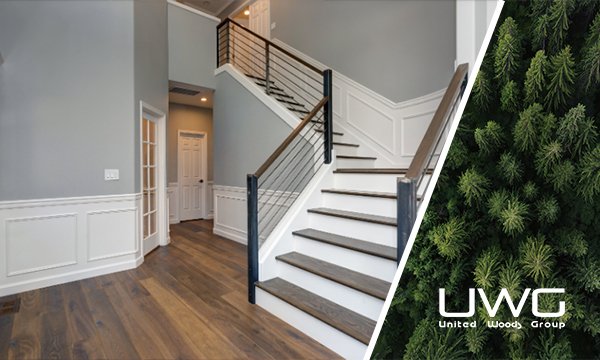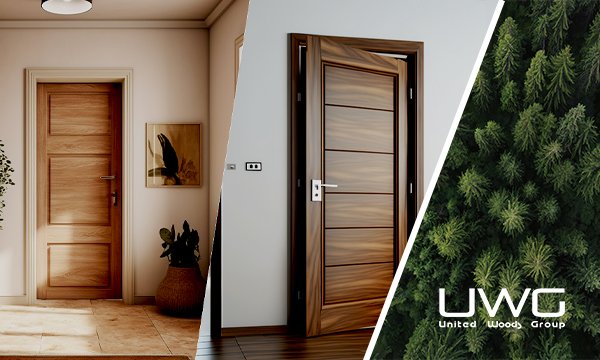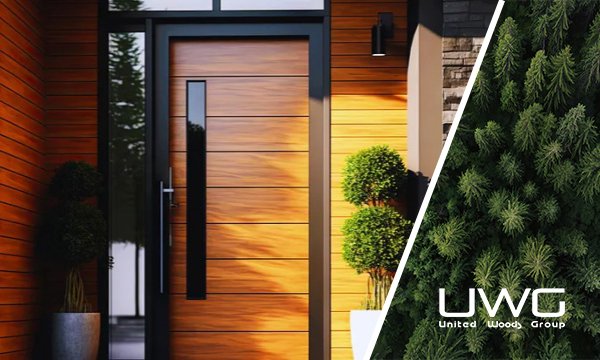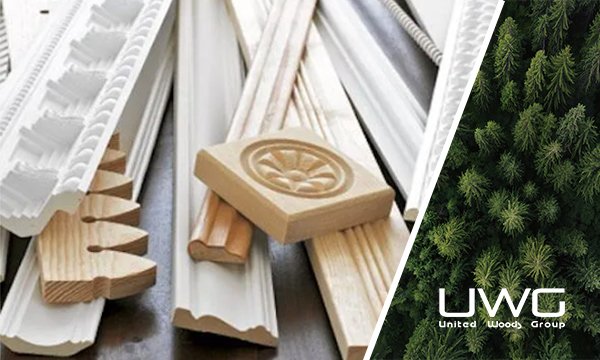Across the Americas, materials like MDF (Medium Density Fiberboard) and Melamine are among the most popular for cabinetry, furniture, and various indoor applications. While both materials provide affordable and versatile alternatives to solid wood, each offers unique properties that make one more suitable than the other depending on project needs. When it comes to cabinets and doors, Melamine offers several advantages over MDF, particularly in terms of durability, maintenance, and resilience.
Melamine generally offers more durability and resistance to moisture and scratches, making it ideal for cabinets and surfaces, while MDF provides a cost-effective, paint-friendly option for indoor applications.
- What is Melamine Board?
- Applications of Melamine
- Understanding the Difference: Melamine vs. MDF
- Is Melamine Board Better than MDF?
- What is the Advantage of Using Melamine Board on Cabinets and Doors?
- What is the Disadvantage of Using MDF on Cabinets and Doors?
- How Long Do Melamine Cabinets Last?
- Which is Better for Kitchen Cabinets: Melamine or MDF?
- Comparing Melamine and MDF Costs
- Is Melamine a Good Option for Bathroom Cabinets?
- Summary
Let’s dive deeper into the advantages and applications of Melamine and MDF to determine the best choice for your doors.
What is Melamine Board?
Melamine board is an engineered material that combines a decorative, resin-coated layer with a core, typically MDF or particleboard. The result is a durable, easy-to-clean surface available in a range of colors, patterns, and finishes, making it an attractive option for cabinets and doors. Melamine’s structure gives it a hard, sealed surface that’s highly resistant to moisture, scratches, and stains, which is why it’s widely used in high-use areas such as kitchens and bathrooms.
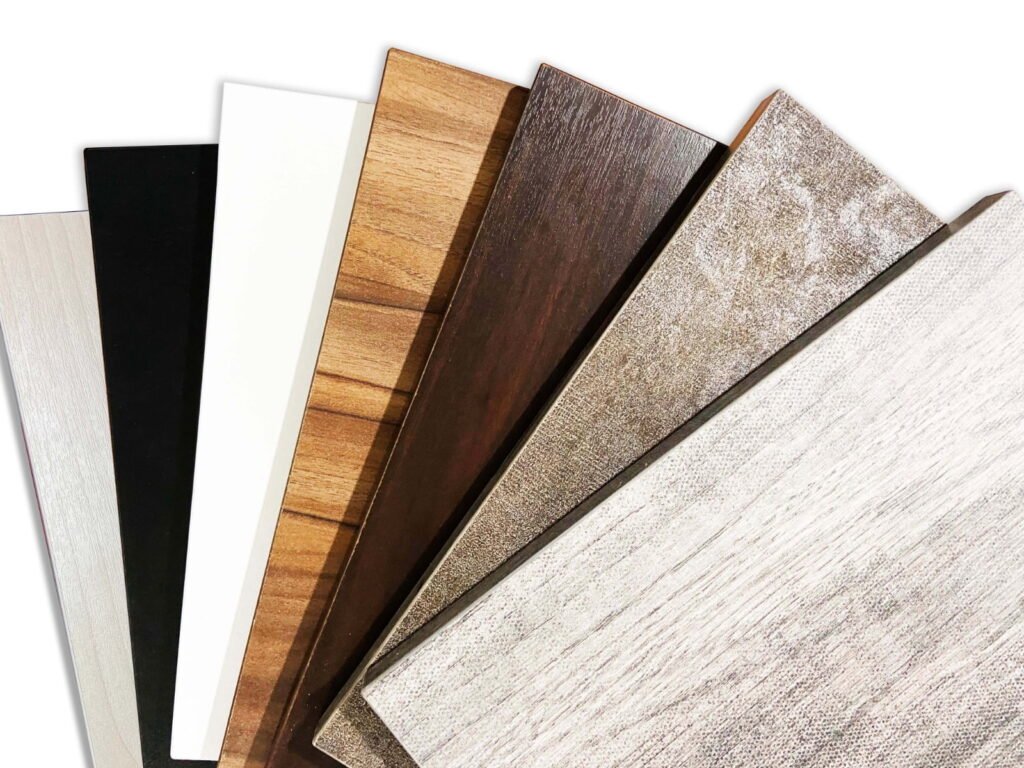
Applications of Melamine
Melamine’s durability and moisture resistance make it ideal for cabinetry in kitchens, bathrooms, and commercial spaces, where surfaces endure frequent use and require easy cleaning. This versatility, combined with its affordability, makes Melamine popular for residential and commercial projects across the Americas, particularly in high-use areas like cabinets, countertops, and storage units.
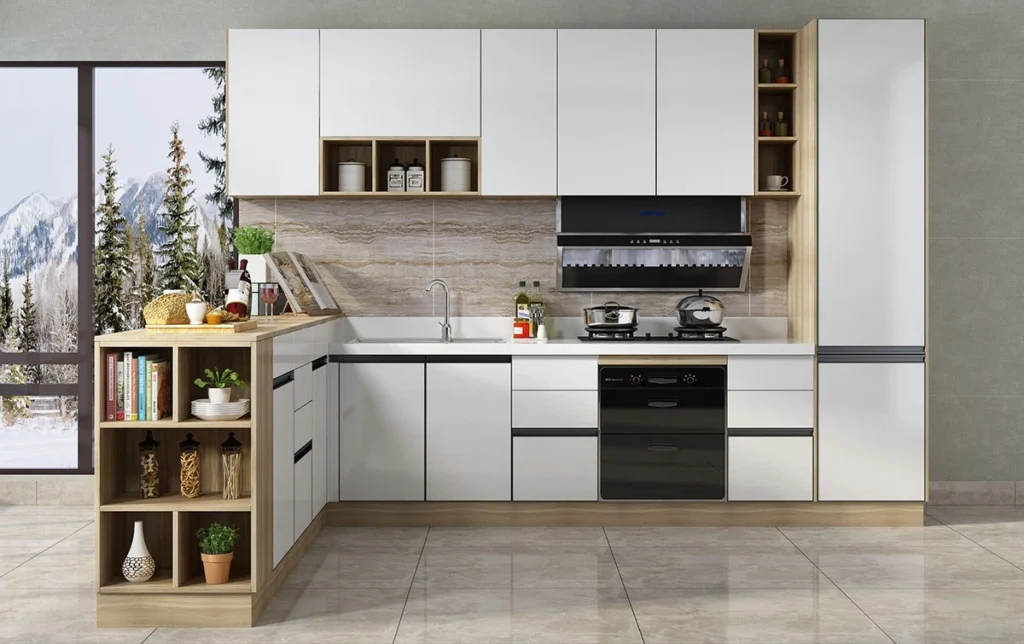
Understanding the Difference: Melamine vs. MDF
Understanding the distinctions between Melamine and MDF helps contractors and wholesalers choose the best material for cabinets and doors in particular. The main differences come down to durability, moisture resistance, and maintenance requirements.

Is Melamine Board Better than MDF?
For cabinets and doors, Melamine’s resilience to moisture, scratches, and daily impact often gives it an edge over MDF. Melamine’s surface is pre-laminated with a decorative and protective coating, which not only adds aesthetic appeal but also shields it from damage in high-use areas. This makes it ideal for cabinetry and door applications in kitchens and bathrooms, where moisture and frequent use can quickly wear down materials like MDF.
In contrast, MDF is known for its smooth, paintable surface, which makes it a flexible choice for projects requiring custom colors or finishes. However, MDF is more susceptible to moisture and requires proper sealing, especially in kitchen or bathroom settings. For cabinets and doors, particularly in high-traffic areas, Melamine’s pre-finished durability and low-maintenance quality make it a better choice.

What is the Advantage of Using Melamine Board on Cabinets and Doors?
Melamine offers several advantages over MDF when used for cabinets and doors:
- Durability and Scratch Resistance: Melamine’s hard resin coating protects it from scratches and dents, allowing cabinet doors to retain a pristine appearance despite daily handling. For contractors installing cabinets in kitchens, bathrooms, or commercial spaces, this durability ensures a long-lasting, professional finish that’s well-suited to frequent use.
- Moisture Resistance: Compared to MDF, Melamine is better equipped to handle high-humidity environments. This moisture resistance prevents warping, making Melamine a top choice for bathroom vanities, laundry room storage, and kitchen cabinets—areas that typically see frequent water exposure.
- Ease of Cleaning: Melamine’s smooth surface makes it easy to clean with standard household products, meaning cabinet doors maintain their appearance with minimal maintenance. This quality is especially useful in kitchens, where grease, stains, and fingerprints can accumulate on cabinet surfaces. With Melamine, a simple wipe-down is all that’s needed to keep cabinets looking new.
- Design Flexibility: With a variety of color and pattern options, Melamine can easily complement any design aesthetic, from modern to rustic. Its wide range of finishes makes it easy to match existing decor or achieve a custom look in cabinet doors without needing additional paint or varnish.

What is the Disadvantage of Using MDF on Cabinets and Doors?
MDF, though cost-effective and versatile, has some drawbacks when used in cabinetry and doors. MDF’s porous nature means it readily absorbs moisture, making it prone to swelling and warping if not thoroughly sealed, which limits its suitability for areas like kitchens or bathrooms. Additionally, MDF can be damaged by screws over time, which may cause loosening in cabinet doors and panels. For cabinetry, this can be a drawback, as doors and hinges experience regular stress.
For contractors or designers working on cabinets in humid environments or areas with frequent use, Melamine is often a safer, more durable choice than MDF. MDF can still serve well in low-moisture areas or as decorative elements, but it lacks the resilience that Melamine provides in high-traffic settings.

How Long Do Melamine Cabinets Last?
With proper care, Melamine cabinets can last for years, if not decades, making them an economical and durable choice for cabinet doors. Their resistance to scratches, stains, and moisture ensures that they hold up well in high-use areas like kitchens and bathrooms. Unlike MDF, which may require frequent maintenance or touch-ups, Melamine cabinets retain their appearance with minimal effort, only requiring regular cleaning to stay in top shape. This longevity makes Melamine an appealing choice for contractors and wholesalers who want to offer clients a low-maintenance, durable cabinetry option.

Which is Better for Kitchen Cabinets: Melamine or MDF?
When it comes to kitchen cabinets, Melamine stands out as the preferred material due to its resilience and ease of maintenance. Kitchens are high-traffic areas where cabinets are frequently opened, closed, and exposed to heat and moisture. Melamine’s ability to withstand these elements without warping or staining makes it an ideal choice for kitchen cabinetry.
While MDF can be used in kitchens if sealed and protected, it may not hold up to kitchen conditions as well as Melamine. The durability and scratch resistance of Melamine ensure that kitchen cabinets maintain a fresh, professional appearance over time, even in the busiest environments.

Comparing Melamine and MDF Costs
While MDF is generally more affordable than Melamine, the added durability and low-maintenance qualities of Melamine often provide better long-term value in cabinetry. For contractors and wholesalers, this means Melamine may offer better cost-efficiency for projects requiring long-lasting cabinets or doors. In applications like kitchen or bathroom cabinetry, the initial investment in Melamine can be offset by reduced maintenance and repair needs over time.
For interior cabinetry or doors where moisture isn’t a concern, MDF’s affordability and paint-friendly surface can make it a suitable choice. However, in high-use or high-moisture applications, Melamine’s durability and ease of care make it a better investment.

Is Melamine a Good Option for Bathroom Cabinets?
Bathrooms present unique challenges for cabinetry, where high humidity levels require materials that won’t warp or swell. Melamine’s natural moisture resistance makes it an ideal choice for bathroom cabinets, as it stands up well to the moisture that can affect other materials, including MDF. To fully protect against water damage, Melamine cabinet edges and joins should be sealed, but the main surface is highly resilient, making it suitable for humid environments.

Summary
For contractors, wholesalers, and DIYers across North, Central, and South America, Melamine offers a durable, low-maintenance option for cabinets and doors, particularly in high-moisture or high-traffic environments like kitchens and bathrooms. Compared to MDF, Melamine stands out for its resilience against moisture, scratches, and stains, making it a superior choice in cabinetry applications. Each material has its advantages, but when it comes to cabinetry and doors, Melamine’s combination of cost-effectiveness, durability, and style flexibility make it a preferred choice for long-lasting, attractive interiors.



